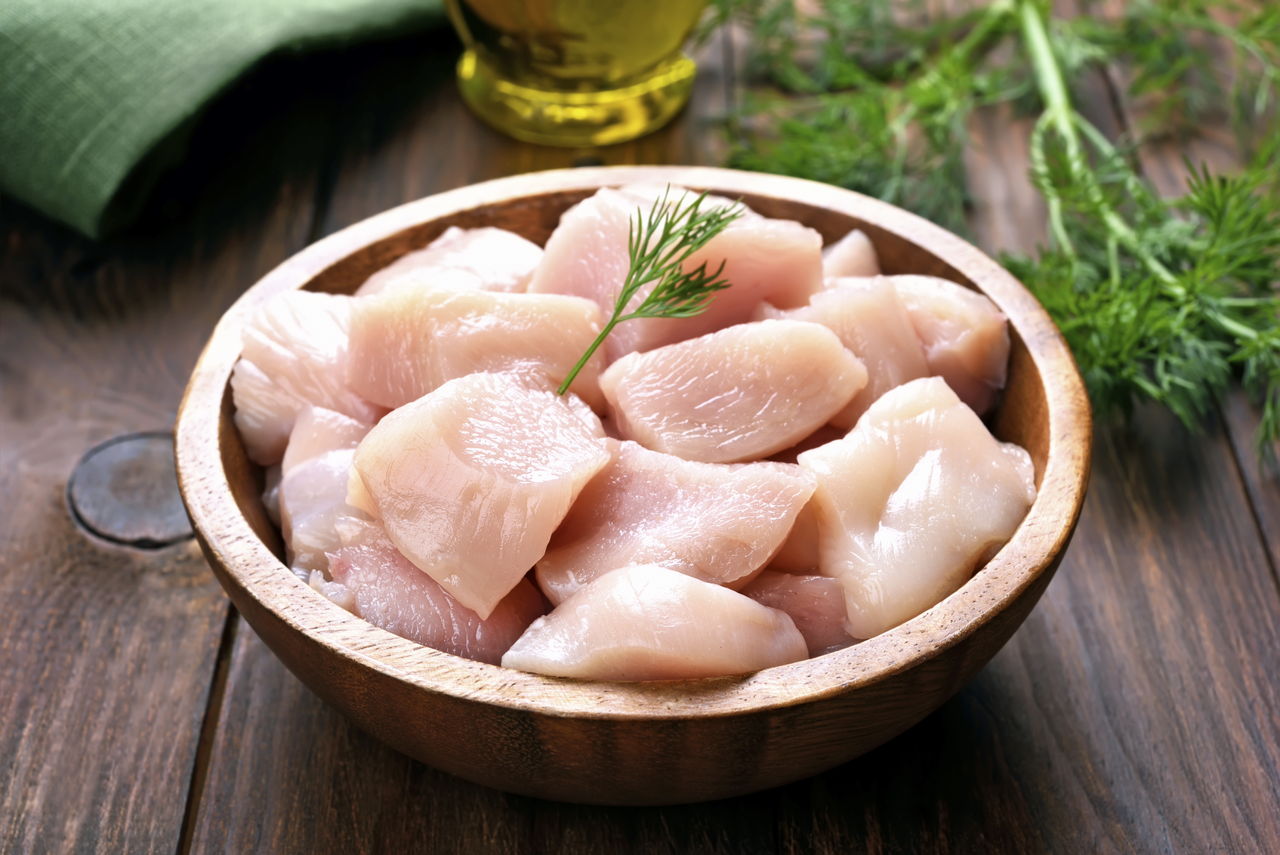
What is organic chicken? How is it raised? Is its nutrition superior to that of conventionally-raised chicken? This write-up has all the answers to these queries. Have a look…
When we talk about healthy eating, it seems incomplete without including organic foods. Make a trip to your local supermarket, you will find a plethora of food products with the label ‘organic’ on them. They are more pricey than the regular stuff. Take the example of organic chicken, and compare its price tag with regular chicken. But, is it worth spending extra money for adopting an organic diet?
You might be familiar with organic farming, in which vegetables and fruits are cultivated in the absence of chemical fertilizers, plant growth regulators, and pesticides. Instead, eco-friendly ways for promoting growth (adding compost) and treating plant problems (biological pest control) are followed. The same techniques are adopted for rearing livestock and chicken for producing organic meat. Not only is it beneficial for individual health, but it minimizes environmental pollution and maintains normal functioning of the ecosystem.
What is Organic Chicken?
As such, the objective is to get meat at a cheaper price. As expected, those broiler hybrids specially bred for high meat yield are raised. They are fed with fatty food grains, mixed with growth hormones to induce fast growth, so that they can be slaughtered within 1½ – 2 months. In case of sick birds, antibiotics and chemical based medications are given for quick treatment.
With organic chicken farming, a lot of changes to the conventional rearing style are implemented, especially in terms of feeding, space provided and treating sick birds. If you make a comparison between traditional and organic rearing methods, the latter is focused on providing organic chicken feed. Not only are the poultry birds kept in spacious areas, but they are allowed to roam outdoors. Thus, the farming environment resembles more of their natural habitat, rather than keeping them in confined spaces.
When it comes to diseases, the incidences are relatively lower than that of the conventional farming style. In organic chicken farming, precautionary measures are taken up to minimize disease occurrence. The root causes for poultry bird diseases, such as overcrowding and poor diet are taken care of. Prompt steps include, providing facility for rotational grazing (instead of feeding all birds at a time), giving balanced diet, maintaining proper sanitation and regulating sound environmental conditions. If at all, diseases occur, the sick birds are isolated from the remaining group for disease containment. But, they are never given antibiotics.
Organic Chicken Products
For products to be labeled organic, the farmers and manufacturers should follow the government standards laid by the United States Department of Agriculture (USDA). Thus, poultry farmers are expected to raise, handle and process poultry birds as per the standard regulations. The birds should not be exposed to hormones, antibiotics, chemical pesticides and any sort of artificial ingredients. Also, they should be strictly fed with organic feed and given access to the outdoors.
Nutrition
So, is the nutritional value of the organic variety of chicken higher than that of regular chicken? This is a never ending debate that has been around since the introduction of organic food in the market. While the supporters tout them to be best food choices for ensuring optimal health, many do not agree to the claim, considering it a marketing hype to earn more money. According to USDA reports, there is no proof regarding high nutrition of organic chicken, as compared to conventionally reared chicken.
On a concluding note, the plus points of organically raised, range-free chicken are feeding natural diet, and use of no added hormones and chemicals. In the market, you will get organic eggs, chicken broth, nuggets, and soup. Before you add any of these products to your shopping cart, check for the USDA label first. Otherwise, there is no point in spending extra money for purchasing any product that claims to be organic.